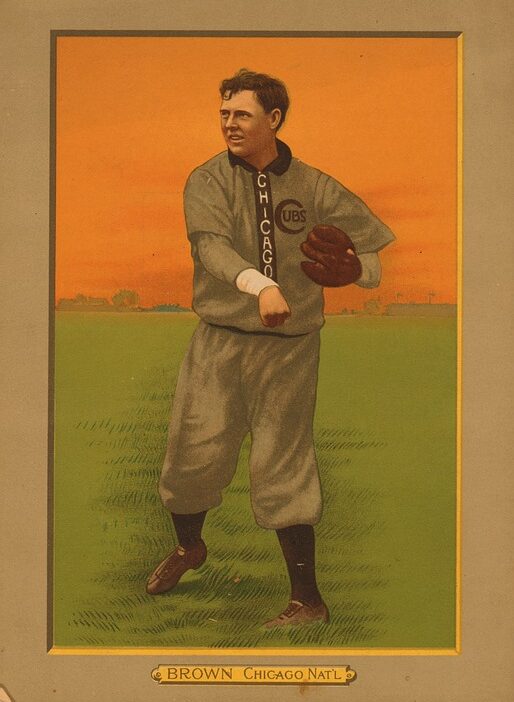In the vast landscape of American sports, Major League Baseball often garners the biggest headlines and the most attention. However, just beneath the surface lies a treasure trove of talent and community spirit: Minor League Baseball (MiLB). With its smaller stadiums, affordable ticket prices, and tight-knit atmospheres, minor league teams play a pivotal role in their localities, acting as much more than mere feeders to the big leagues.
Fostering Community Identity
Minor league teams often serve as a focal point for community identity and pride. Towns and cities across the United States rally around their local teams, fostering a collective spirit. Cities like Altoona, Pennsylvania, with the Altoona Curve, or Modesto, California, home to the Modesto Nuts, embrace their teams as embodiments of local culture and resilience. Community nights, local sponsorships, and themed games often reflect local traditions, ensuring that the minor league teams feel intrinsically linked to the heart of the community.
Economic Boost
The economic impact of minor league baseball on local economies can be significant. These teams bring thousands of fans into ballparks, translating to increased revenues for local businesses. Restaurants, hotels, and retail stores often experience a surge in sales on game days. According to the National Association of Professional Baseball Leagues (NAPBL), the average minor league team generates approximately $3 million in economic impact for its community annually. This impact is felt not just during the season, but year-round, as teams engage in community events that continuously attract local foot traffic.
Building Future Stars
One of the most crucial roles of minor league baseball is the development of talent—not just players destined for the major leagues, but also future coaches, umpires, and front-office staff. These teams offer young athletes a platform to showcase their skills while also teaching essential life lessons about teamwork, perseverance, and dedication. Local youth often benefit from this close connection to aspiring professional athletes, inspiring them to pursue their dreams both on and off the field.
Additionally, the investment in youth baseball programs often enhances local sports culture. Many minor league teams engage with schools and youth organizations, fostering interest in the game and providing mentorship opportunities. These initiatives promote active lifestyles, healthy competition, and community engagement among the younger population.
Accessibility and Affordability
Minor league baseball is often called "the people’s game," and for good reason. Its affordability and accessibility set it apart from its major league counterpart. Families can enjoy a night out at the ballpark without breaking the bank, with tickets averaging around $10. This inclusivity allows more individuals and families to partake in America’s pastime, fostering a sense of belonging among diverse audiences.
Teams often prioritize creating a welcoming atmosphere, offering family-friendly events, promotions, and community outreach programs. Many teams also offer free or reduced-price tickets to underserved populations, ensuring that the joy of baseball is accessible to all.
Social Impact Initiatives
Beyond entertainment, minor league teams play an active role in social responsibility. Many organizations partner with local charities, schools, and community organizations to raise awareness and funds for various causes. Campaigns supporting education, health, and social justice often emerge from the community ties established by these teams.
For example, the Charleston RiverDogs host an annual “Bark in the Park,” allowing fans to bring their pets while raising money for local animal shelters, demonstrating a proactive approach to social issues. Such initiatives can mobilize entire communities toward a common goal, reinforcing the impact of sports beyond mere competition.
Conclusion
In a world increasingly captivated by the allure of stardom in major leagues, minor league baseball quietly and steadily makes its mark on local communities. The impact of these teams goes far beyond the diamond, becoming a vital component of community identity, economic stability, youth development, and social consciousness. As these homegrown heroes continue to play their games, they remind us that sometimes the heart of a community can be found not in the heights of professional sports, but in the humble, hopeful hustle of minor league baseball. Whether it’s the cheers from a Wednesday night game or the memory of a first catch, the legacy of minor league teams will endure, echoing the mission of fostering connection in the neighborhoods they serve.



